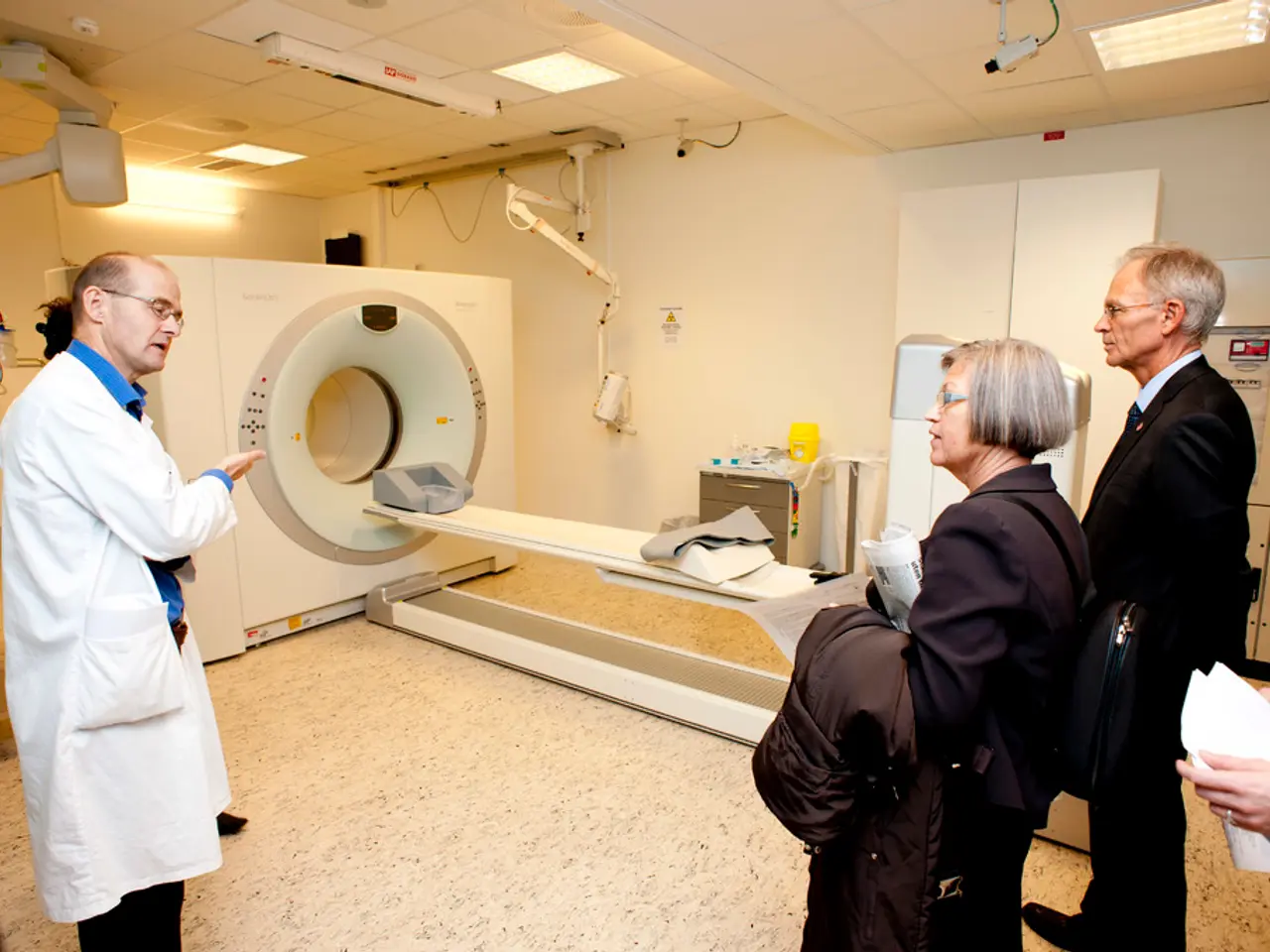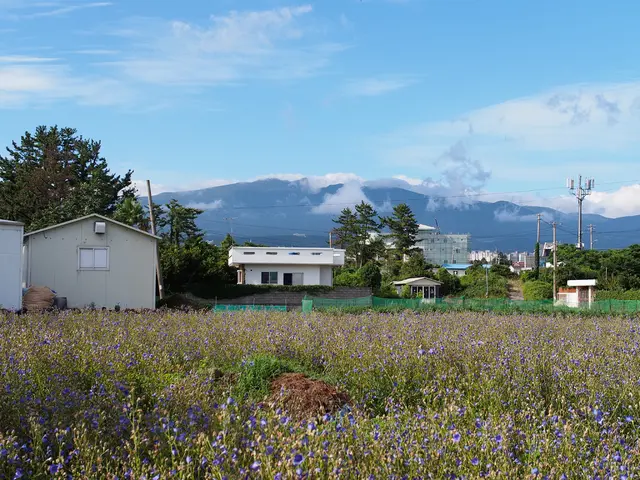Emergency services seek increased allocation of ambulances following Covid-19 cases.
In Lower Saxony, Germany, efforts are being made to address the ongoing challenges faced by individuals suffering from Long or Post-Covid Syndrome. Although the exact location of Post-Covid clinics in the region remains unchanged, with only two clinics currently available at the Medical School Hannover and the University Medical Center Göttingen, there are several proposed solutions on the horizon.
One of the key initiatives is the Helmholtz Centre for Infection Research (HZI) in Hannover, which hosts mini-workshops dedicated to Long-/Post-Covid research. This focus on deepening scientific understanding and developing targeted interventions for post-COVID conditions is a promising step towards addressing the needs of those affected.
Another significant initiative is the Centre for AI and Causal Methods in Medicine (CAIMed), which operates in Lower Saxony with research hubs in Hannover, Göttingen, and Braunschweig. By developing innovative AI-driven methods, CAIMed aims to improve healthcare and personalized medicine, potentially contributing to better diagnosis, treatment, and management of Long COVID patients.
In addition to these scientific and technological initiatives, regional and federal support programs are being shaped by broader German COVID-19 response strategies. These programs include funding for healthcare research and enhancement of medical services, which may indirectly support Long COVID patient care through improved health infrastructure and services.
However, it is important to note that there are currently no therapies for Long or Post-Covid. Symptoms of Post-Covid Syndrome, which include fatigue and shortness of breath that persist or occur after an acute illness phase of four weeks, are often dismissed or overlooked, as they are "pushed into the psychosomatic corner," as stated by Prof. Georg Schomerus from the University Hospital Leipzig.
Prof. Schomerus also highlighted that a large number of people with Post-Covid Syndrome are "catastrophically underserved." He emphasized the need for a point of contact for those affected, as well as an interdisciplinary network for care in a state as large as Lower Saxony. Marion Charlotte Renneberg, the deputy president of the Medical Association, echoed these sentiments, stating that there is room for improvement in the number of Post-Covid clinics in Lower Saxony.
The Medical Association of Lower Saxony has proposed the establishment of more Post-Covid clinics in the state, recognizing the urgent need for comprehensive care for those affected by Long or Post-Covid Syndrome. While specific details about these clinics are not yet available, the involvement of premier research institutions and the integration of AI in medicine suggest a foundation for future therapeutic advances and patient support programs.







